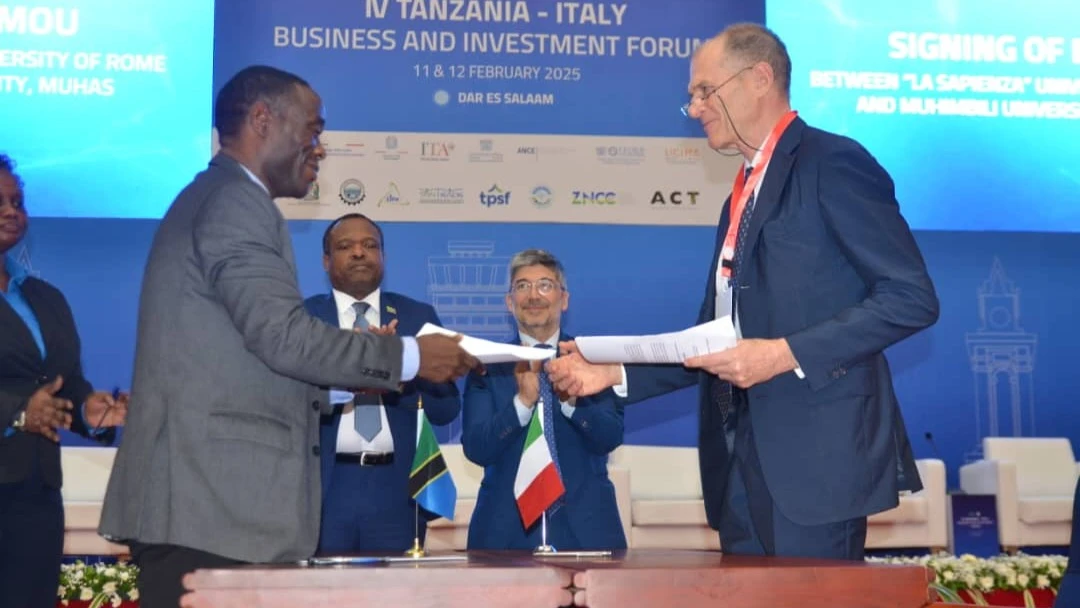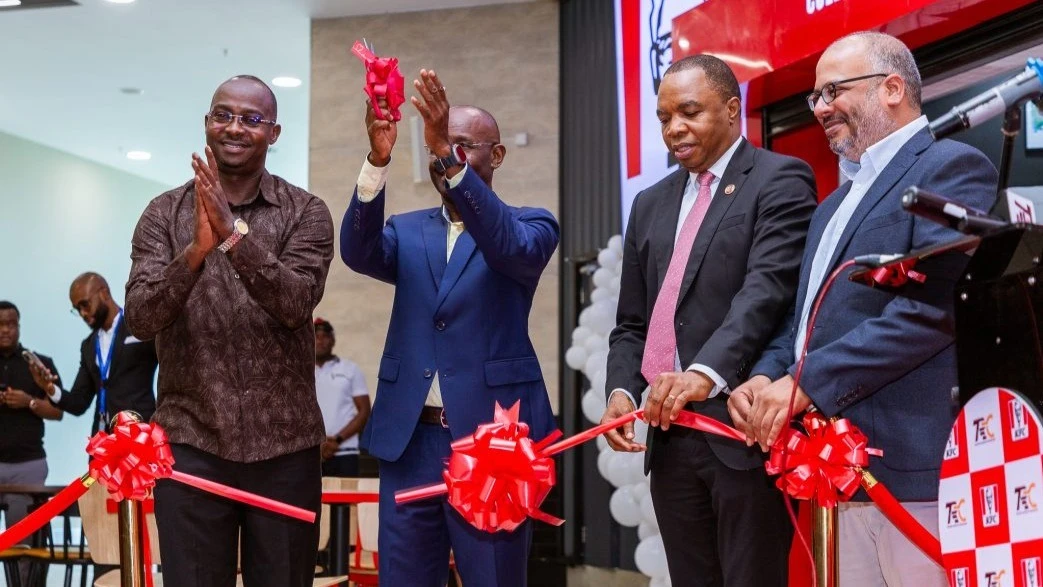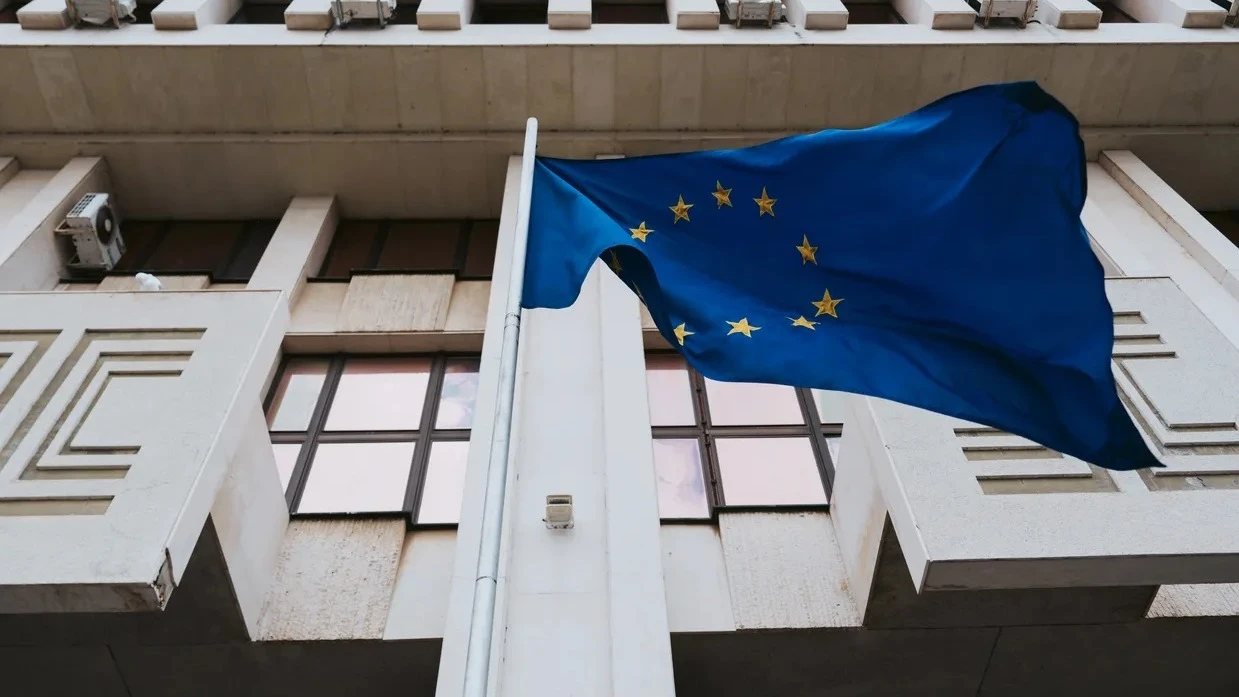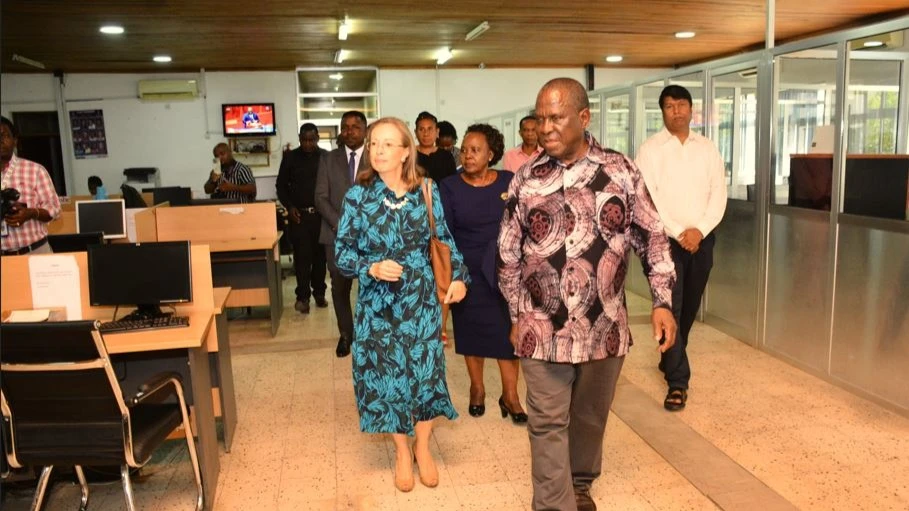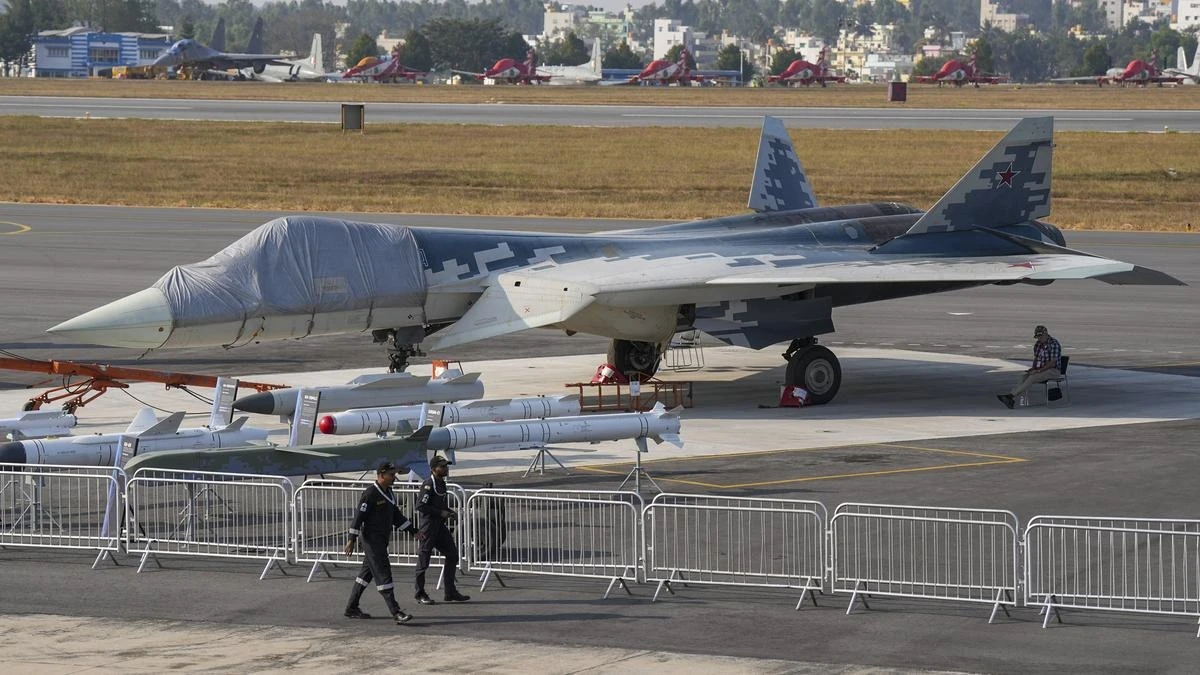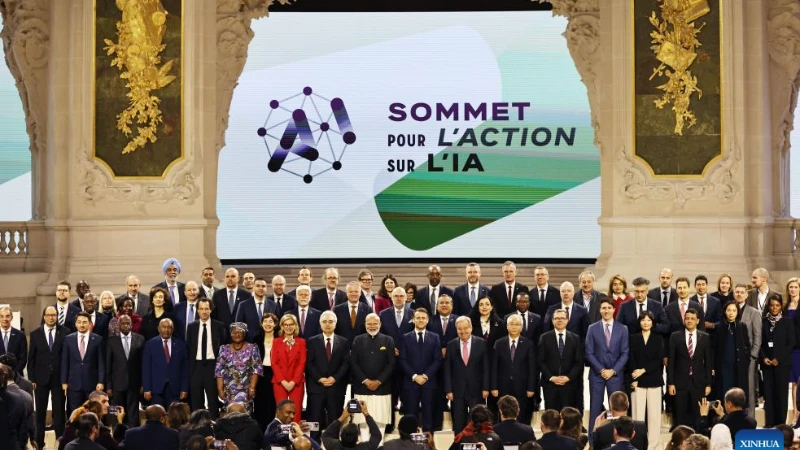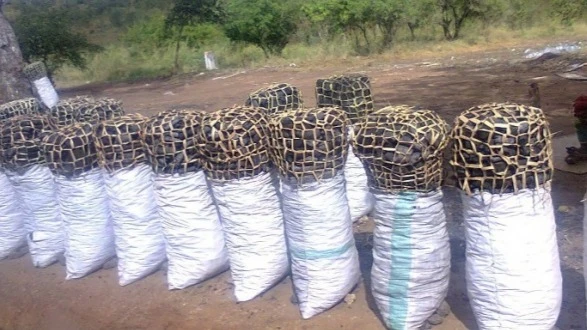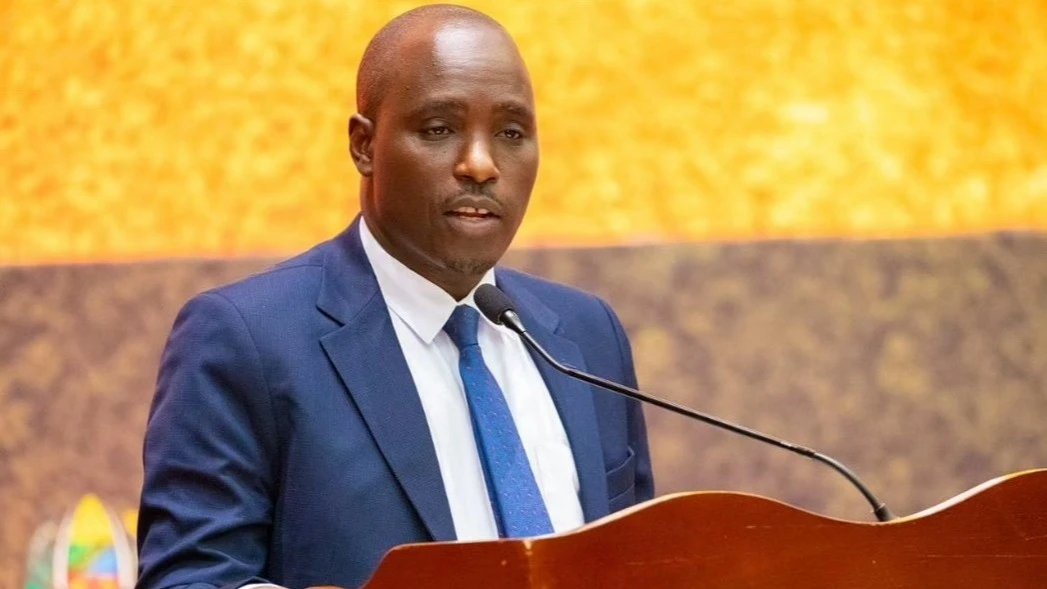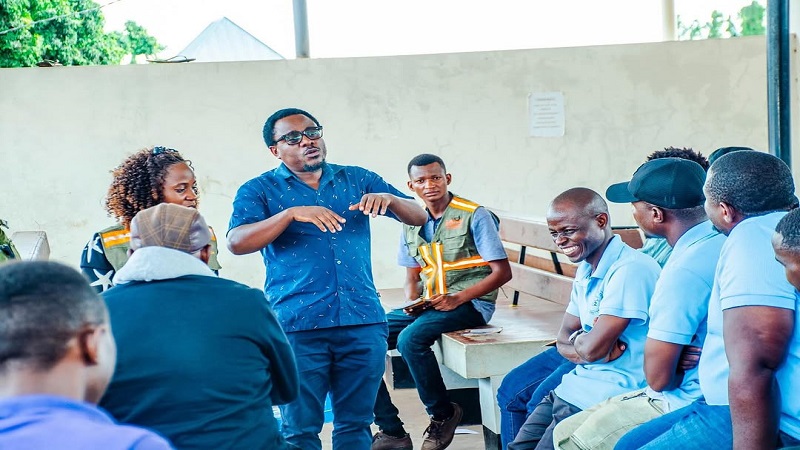TRANSFORMING TRADE: Tanzania's new SGR unleashes economic potential
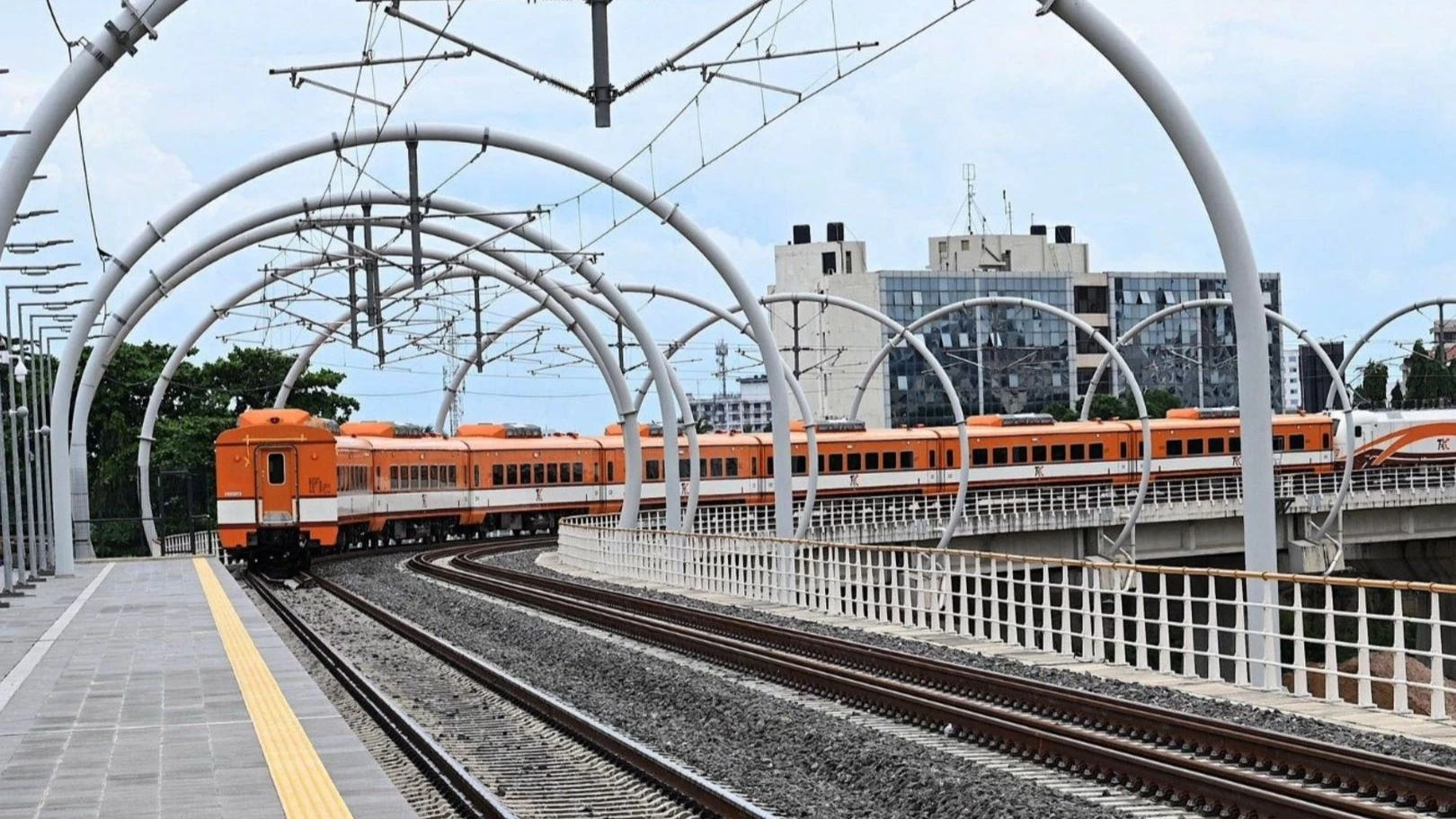
LAST Thursday, President Samia Suluhu Hassan, accompanied by various government officials, inaugurated commercial services on the electrified Standard Gauge Railway (SGR) between Dar es Salaam and Dodoma.
The initiative aims to enhance regional trade and is expected to stimulate the country’s economic growth.
The SGR, built by a Turkish company, spans 440 kilometers (273 miles) and is part of a larger 2,561-kilometer railway network designed to connect Tanzania's northern and western regions to the port city of Dar es Salaam.
Economists emphasize the project’s far-reaching benefits, stating it will not only boost trade within Tanzania but also enhance cross-border commerce. “The efficient SGR service is expected to foster regional development by improving connectivity between economic hubs,” remarked one economist.
The improved transport infrastructure is poised to attract foreign investments, facilitate trade, and provide a reliable means of travel for passengers and goods alike. Notably, the SGR will allow Burundi to increase nickel extraction from the Musongati mine, generating significant revenue through enhanced access to the Dar es Salaam port.
Currently, Burundi depends on the port for approximately 80 percent of its import and export activities, highlighting the SGR's vital role in the region's economy.
Beyond trade, the new railway is anticipated to benefit local miners and the broader Tanzanian population. Environmental analysts note that the SGR will provide a safer, more reliable transportation option, contributing to reduced carbon emissions and less noise and air pollution. The project aims to minimize vehicle-induced pollution, making it an environmentally friendly alternative.
Donald Mmari, executive director of the Tanzanian Poverty Alleviation Research think-tank REPOA, stated, “Trains are expected to reduce travel time from four hours by bus to just one hour and forty minutes, with four daily SGR trips operating on this route.”
He added that the SGR will enhance the productivity of the Tanzania Railways Corporation (TRC), creating both direct and indirect job opportunities while attracting further investment.
Zacharia Juma, a resident of Chanika in the Ilala district of Dar es Salaam, expressed his excitement about the new service. “SGR is a milestone for our country. We waited a long time, but our dream has finally come true,” he said. Masanja Kadogosa, head of the Tanzanian Railways Corporation, echoed this sentiment, stating, “We are eagerly awaiting the cargo carriages, as they will bring substantial economic benefits.”
During the launch, President Samia Suluhu Hassan emphasized how the increased train speed will significantly reduce travel times and facilitate efficient movement across the country. “Traveling by the electric SGR train between Dar es Salaam and Dodoma takes about three and a half hours, compared to over nine hours by bus,” she noted.
The president also highlighted the SGR's capacity to alleviate congestion at the Dar es Salaam port, with the potential to transport 17 million tonnes of cargo annually. Her administration is focused on extending the SGR network to connect East and West Africa through Burundi and the Democratic Republic of the Congo, underscoring the strategic importance of linking Tanzania’s ports with landlocked neighboring countries.
According to President Samia, the entire project, which costs 23.3trn/-, requires the protection and maintenance of local citizens, especially those residing along the railway route, to ensure its economic viability.
Transport Minister Makame Mbarawa announced that the total SGR project in Tanzania will cover 1,560 kilometers from Dar es Salaam to Mwanza, forming part of a 2,102-kilometer railway that will extend to Burundi and the DRC. He added that the construction of the SGR will be executed alongside improvements to marine, air, and surface transportation.
With the launch of commercial services, Tanzania is poised for a new era of transportation, trade, and economic growth.
Top Headlines
© 2025 IPPMEDIA.COM. ALL RIGHTS RESERVED











